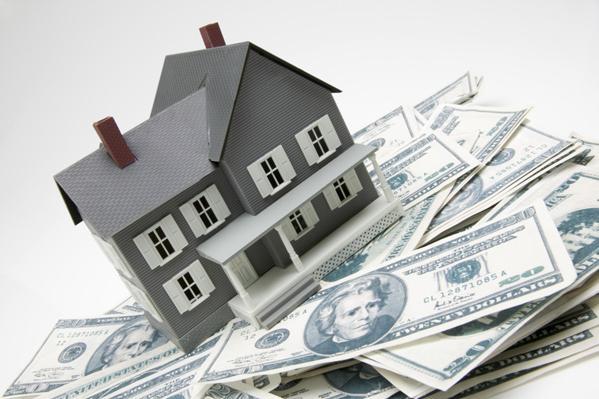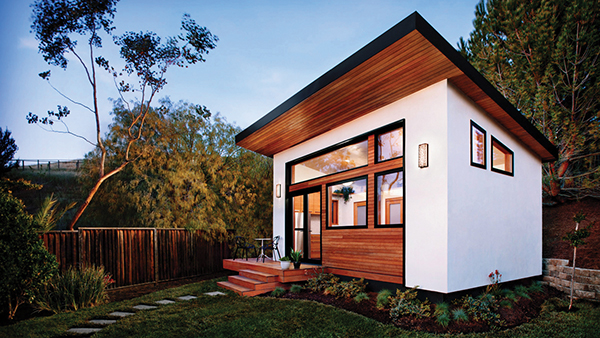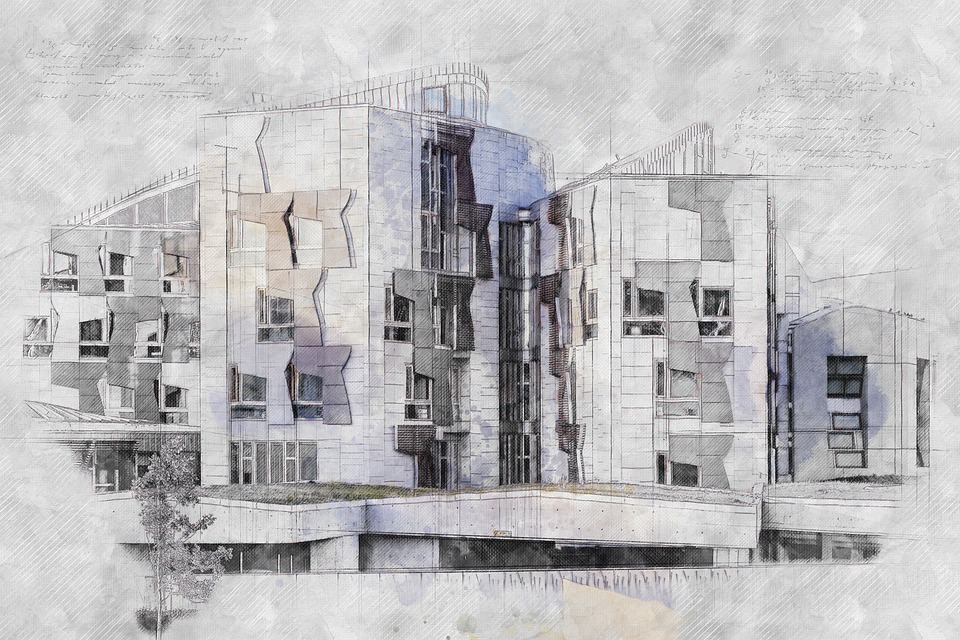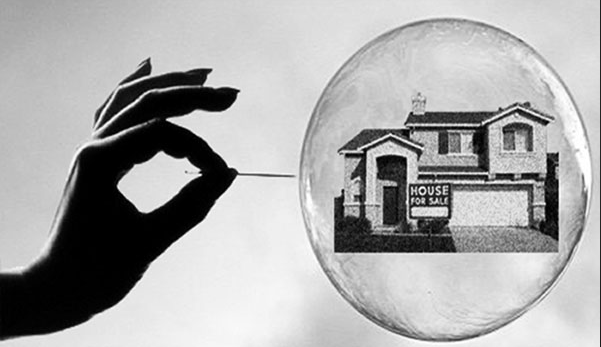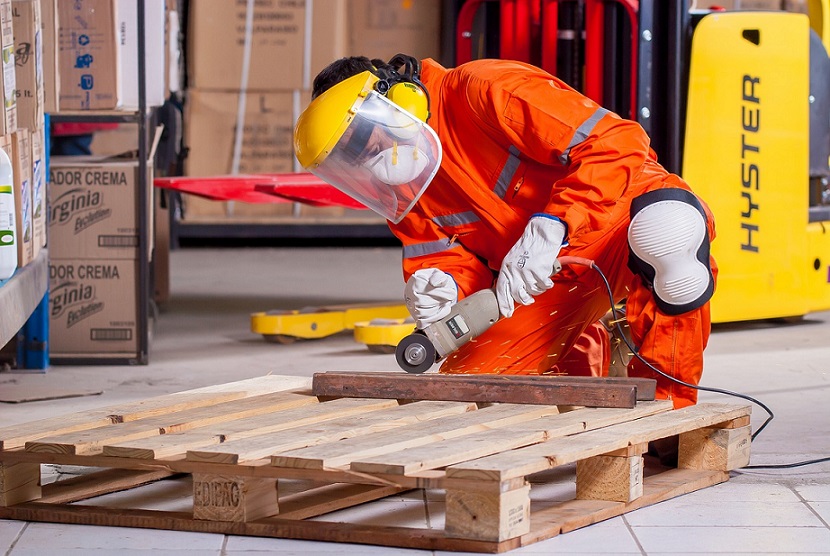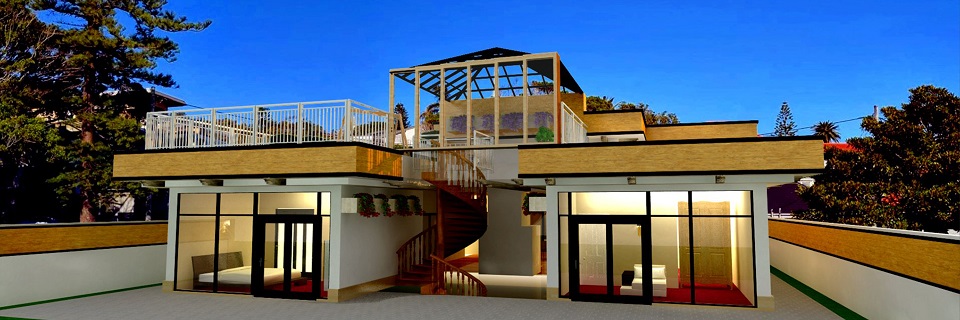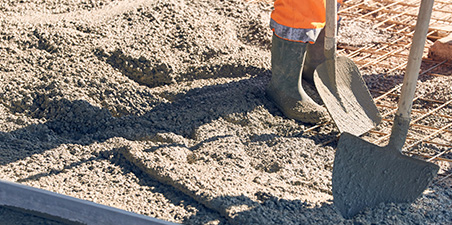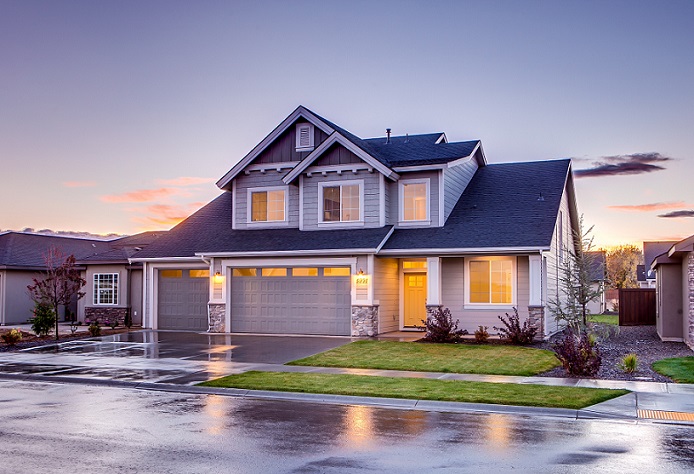
As concrete houses are becoming more and more relevant in the housing market, many buyers may struggle with the decision of choosing between a concrete house and a house made with different material. Some people see concrete homes as an unconventional, ugly way to build a house. However, architects, builders, and designers have increased the aesthetics of concrete houses. Ok, so now what? Let's check out the advantages of building a home using concrete.
To start things off, here's a short video on a group of students that are putting together a concrete house.
Advantages of a Concrete House
Strength and Durability: Concrete houses are able to withstand high speed winds and wind debris that may fly around. They can be very good in hurricane/tornado zones (which cause lots of damage with their hide speed winds). In addition to this, concrete doesn't harbor insects and can't rot. Meanwhile, alternatives such as wood can rot or house termites and other bugs. Rot and bugs could ultimately result in a weaker frame and permanent damage to the house.
Energy Efficiency: Due to the overall nature of concrete, conditioned air tends to stay indoors more while extreme temperatures are kept out. Concrete homes excel at managing temperature and keeping it relatively neutral/the same as the temperature that is generated from within.
Temperature and Noise Control: Cocnrete walls filter out noise from outdoors and at the same time have fewer drafts within the house. This means that there are fewer hot and cold zones, temperature is instead overall roughly the same throughout the house.
Fire Resistance: Cocnrete will not burn as wood would, having a concrete house does not enable the fire to spread as the concrete will not be caught on fire.

